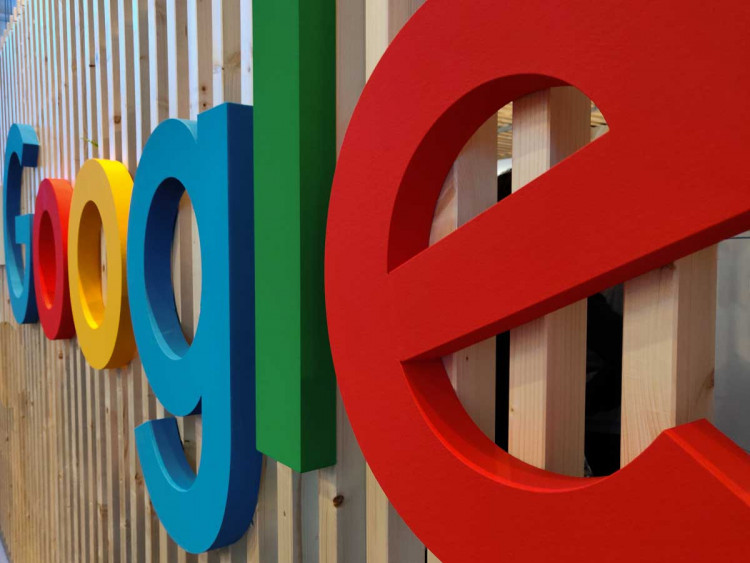Character.ai, a popular chatbot platform, has dramatically shifted its business strategy following a significant deal with Google, opting to step away from developing large language models. The San Francisco-based startup, known for its traction among young users, will now concentrate on enhancing its consumer-facing platform, according to interim CEO Dominic Perella.
In an interview with The Financial Times, Perella explained that the rising costs of training cutting-edge AI models have made it increasingly difficult for smaller players like Character.ai to compete with tech giants such as Google, Microsoft-backed OpenAI, and Amazon. "It got insanely expensive to train frontier models... which is extremely difficult to finance on even a very large startup budget," Perella said. As a result, the company has decided to pivot away from the AI model development race and focus on its core strength: building a scalable chatbot platform.
Google's Strategic Move
This decision comes on the heels of a $4 billion deal that saw Google acquire a one-time license to Character.ai's technology. As part of the agreement, Google also poached 20% of Character.ai's staff, including the company's co-founders Noam Shazeer and Daniel De Freitas. Shazeer, a well-known AI pioneer who previously worked on Google's Language Model for Dialogue Applications (LaMDA), had co-founded Character.ai after leaving Google in 2021.
Character.ai's consumer platform, which has gained a robust following with over 20 million active monthly users, primarily in the 13-25 age demographic, has now become the company's primary focus. Despite the departure of its founders and the scaling back of its AI model ambitions, the company remains optimistic about its future, buoyed by the funding it received through the Google deal.
Perella noted that the agreement with Google ensures that Character.ai will have enough funds to continue operating for the next 18 months. "Our consumer products got incredible traction," he said. "We coalesced around this mission of creating the next big platform and using AI to power it and using our secret sauce to power it."
The High Cost of AI Model Training
Character.ai's strategic pivot is emblematic of the growing financial pressures on startups aiming to compete in the increasingly crowded AI space. Training advanced AI models, especially large language models (LLMs), has become an extremely expensive endeavor, with some estimates suggesting it can cost hundreds of millions of dollars to build and maintain the infrastructure needed to support them.
The decision to exit the race to build cutting-edge AI models echoes moves by other startups, such as Germany's Aleph Alpha, which similarly abandoned ambitions to develop their own LLMs due to cost constraints. These companies have found it increasingly difficult to compete with better-funded entities like Google and OpenAI, both of which have invested billions into their AI research and development efforts.
Perella acknowledged the challenge, stating that continuing to develop large-scale AI models would require more resources than Character.ai currently has. "We're continuing to do AI research... We still own all of our technology, have almost all of our people, and we are continuing to grow," he emphasized, noting that the company is not abandoning AI entirely but will be more focused on leveraging existing technologies rather than developing new ones from scratch.
Focus on Consumer Chatbot Platform
Character.ai's chatbot platform has already gained significant traction, particularly among younger users who engage with the platform's ability to create personalized, interactive conversations with AI-driven characters. This consumer base provides a solid foundation for Character.ai's future growth as it shifts its resources away from AI research and focuses on scaling its chatbot services.
According to Perella, the company is exploring potential licensing deals and raising additional venture capital to support its evolving strategy. The partnership with Google, while non-exclusive, positions Character.ai to benefit from collaborations with one of the world's most powerful technology companies, particularly as Google continues to expand its own AI capabilities.
Perella described the company's pivot as a response to both the opportunities and challenges presented by the AI landscape. "Over the past few weeks, we coalesced around this mission of creating the next big platform and using AI to power it," he said. "We want to use our secret sauce to power something that truly resonates with consumers."






